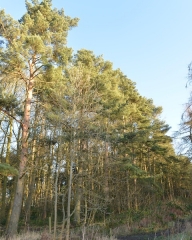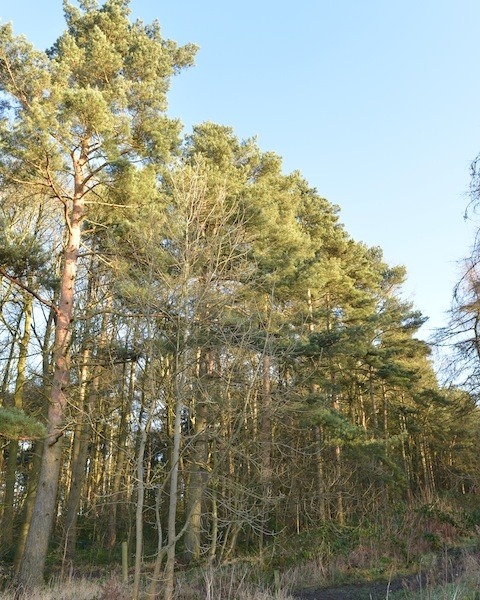 As worries grow about the spreading growth of a non-native weed in Harrogate, a local biodiversity group takes action to reduce its impact in the area, starting in the Valley Gardens on Saturday 15 June.
As worries grow about the spreading growth of a non-native weed in Harrogate, a local biodiversity group takes action to reduce its impact in the area, starting in the Valley Gardens on Saturday 15 June.
The Harrogate District Biodiversity Action Group (HDBAG) is calling on local residents to help with the initiative by joining their Himalayan Balsam bash, which will involve clearing a whole section of the gardens from the invasive plant by pulling it up from the roots.
Lynda Fussell, Chair at HDBAG said:
Himalayan Balsam is adept at spreading itself quickly and effectively”, “Although it attracts pollinating insects, it has a really negative effect on our native ecosystem; blocking light to other flora and suppressing the natural diversity of an area.
It’s really important to uproot Balsam before it sets seed, as the seedpods open explosively, dispersing their contents up to 22ft away. The plants also needs to be pulled up from the roots rather than cut back, as any part of the plant left in the ground will continue to grow.
As many hands make light work, it shouldn’t take us too long to clear a section of this plant on Saturday morning, if we have the help.
Himalayan Balsam was introduced to Britain in 1839 as a garden plant, but escaped into the wild and is now overpowering our native species, even stinging nettles and brambles. It can grow up to 10ft tall, shading out other vegetation and gradually impoverishing habitats by killing off other plants.
HDBAG will be meeting at the Ebor Rise entrance of the Valley Gardens near the bowling green ready to start ‘bashing’ at 10am for a 12pm finish. Anyone is welcome to take part, but it is advised to wear old clothes and to bring a pair of gardening gloves.
If anyone has any queries, they can contact HDBAG at biodiversityaction@gmail.com










The balsam does attract a lot of bees, which are under pressure at the moment…
Yes David, however, the balsam smothers most other plants, leaving a endless monoculture on our woodland floors. The bees make the most of this in the short term but they are not getting to a variety of plants, which then die out from over competition and lack of pollination. In the event that balsam suddenly dies out in Britain/the local area – be it by disease etc, then there will be truly nothing left for the bees at all.